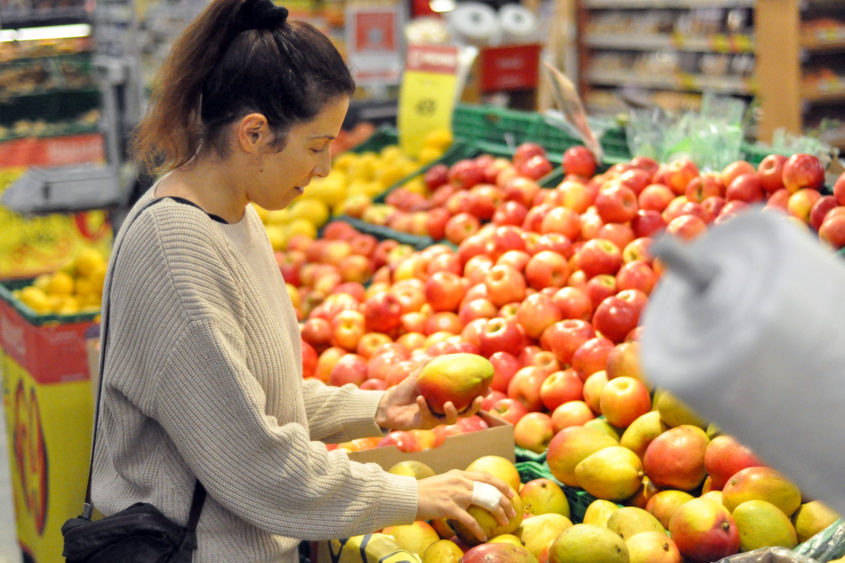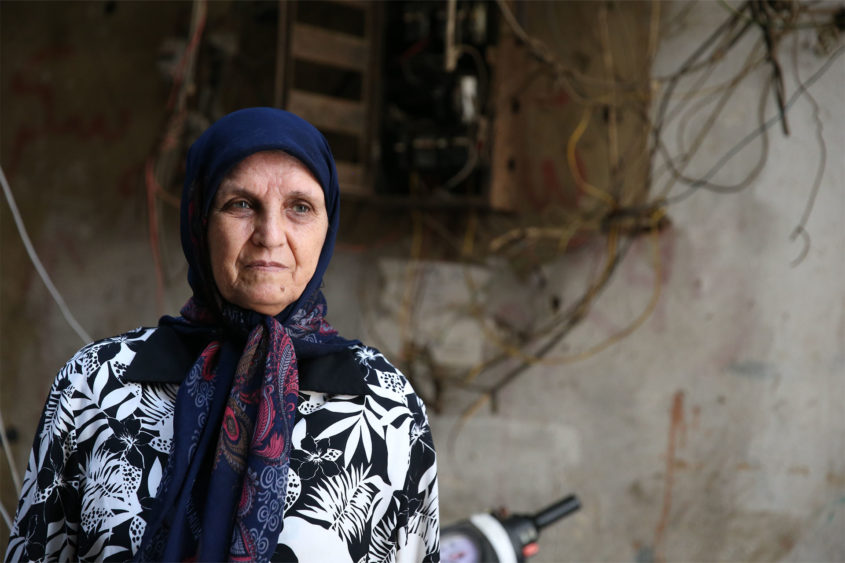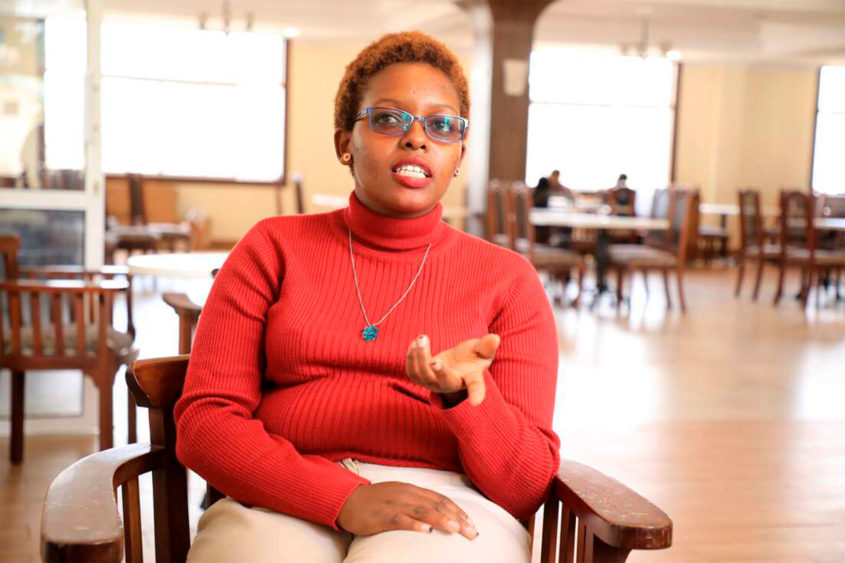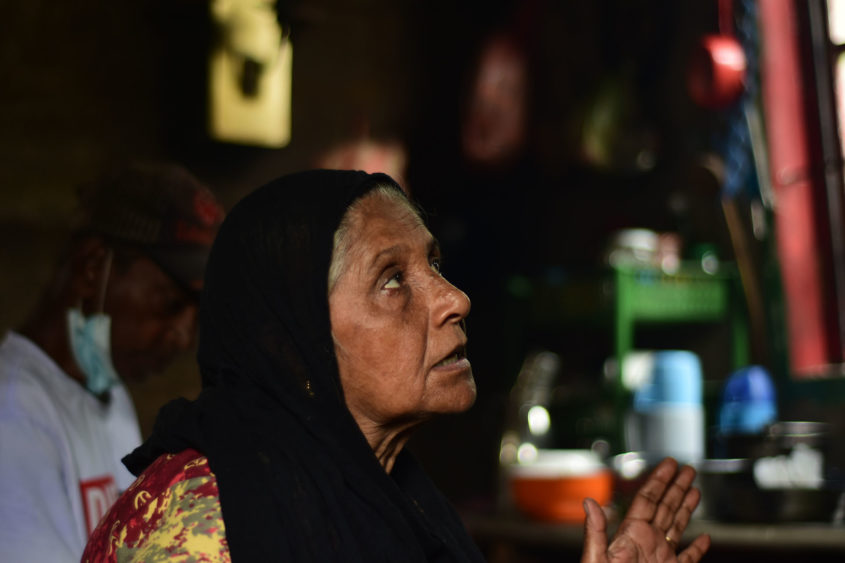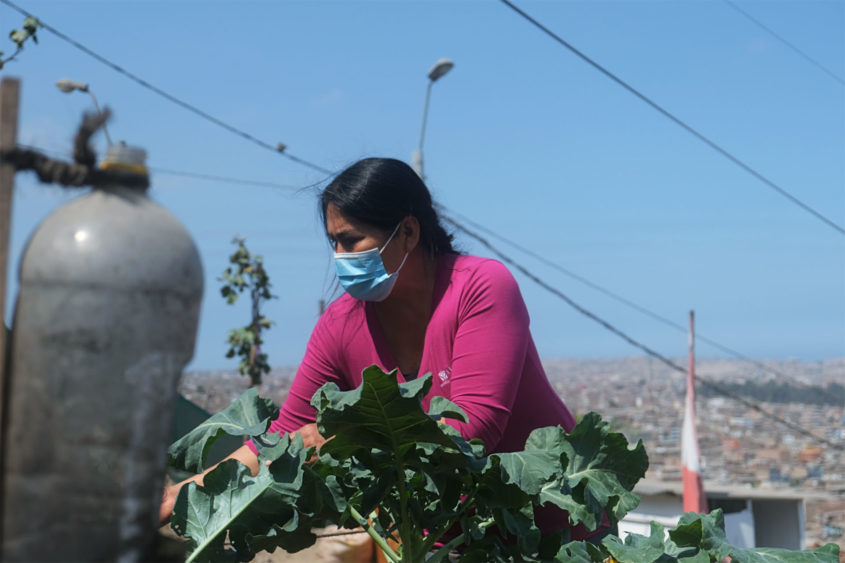Financial Pandemic: Around the world, women are bearing the uneven burden of inflation
Around the world, food and fuel prices are soaring. Annual inflation worldwide hit 9.2% in March, more than twice the rate recorded a year earlier, as pandemic-related shut-downs and the war in Ukraine drove prices sharply higher.
Rising prices are affecting low-income households the world over, but those in poor countries have been hit particularly hard. Food costs account for 17% of spending in wealthy countries, but as much as 40% in sub-Saharan Africa, according to the global charity Oxfam. In Kenya, it said, nearly half of all households now have to borrow to eat.
Some countries have already seen mass protests in response. In Peru, farmers took to the streets to protest rising fertiliser prices that have pushed up the cost of food. In Sri Lanka, record inflation has contributed to anti-government sentiment that has forced the prime minister to step down. There have also been demonstrations in Egypt and Tunisia.
But the impact is not being felt equally. Women are more likely to be the main care-giver in their families. and more likely to be in low-paid work, meaning they devote a higher portion of their income to essentials. They are also more likely to have lost jobs or had their working hours reduced during the COVID-19 pandemic, which disproportionately affected women.
We spoke to women about how rising prices are affecting them.
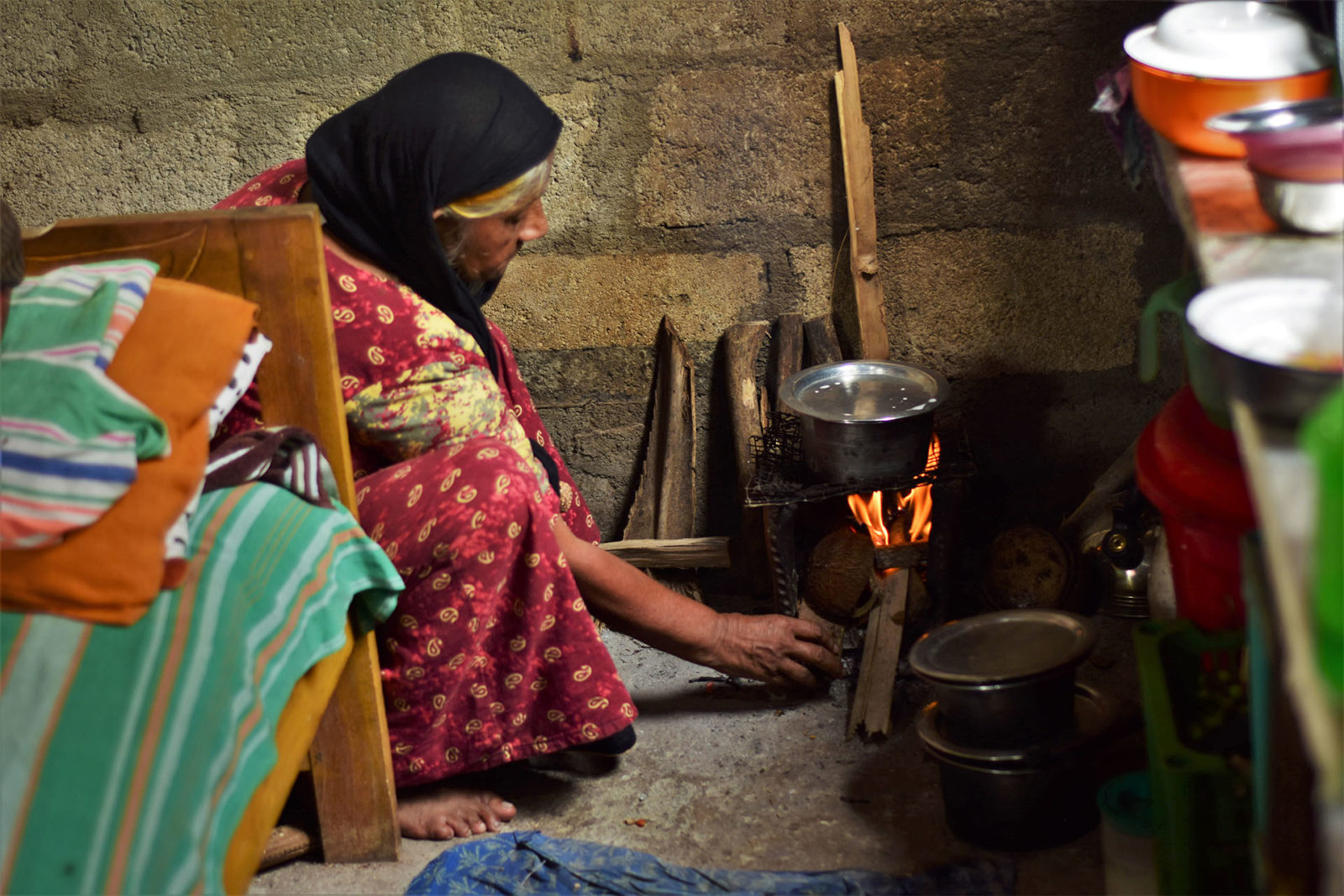
***


